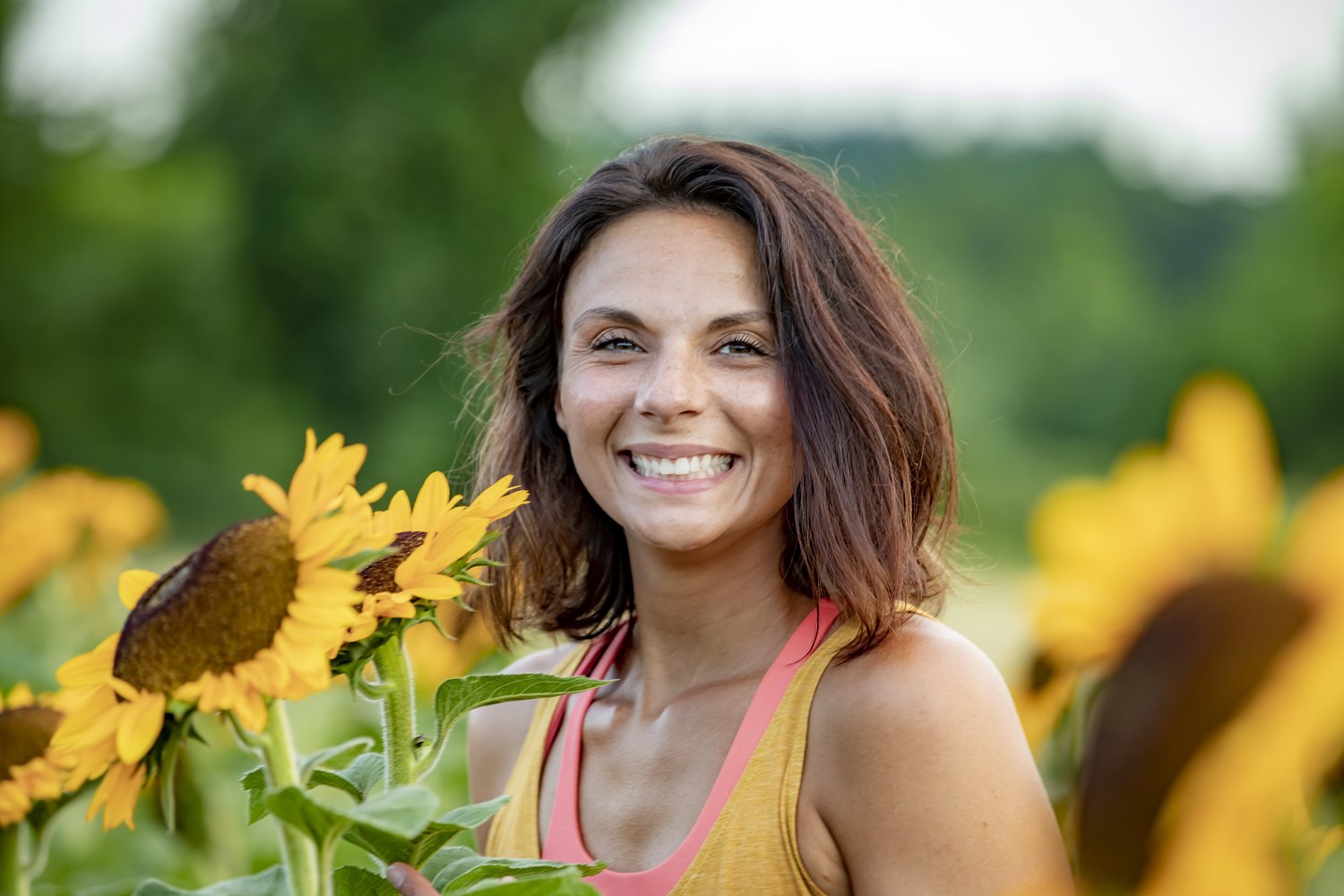Embracing When We're Wrong: The Path to Growth and Adaptability
In a world where opinions are often mistaken for facts, and certainty can be celebrated more than humility, acknowledging that we might be wrong can feel like an uphill battle. Whether it’s a deeply held belief about spirituality or a strongly voiced political stance (guilty on both), admitting that we could be mistaken is uncomfortable. Yet, it’s in this discomfort that we find the seeds of true growth. And that is truly what we are all meant to do here on Earth, is grow.
It’s easy to get caught up in our ways of thinking and to stand firm in what we believe is right. But in doing so, we can unknowingly close ourselves off from the very thing that allows us to grow: learning. To grow is to evolve, and to evolve is to be open to new information—even when it contradicts what we once thought was true.
The Power of Admitting We’re Wrong
Being wrong is often seen as a weakness. But in reality, it’s an opportunity. The moment we acknowledge that we might not know everything is the moment we become open to learning something new. It’s a chance to deepen our understanding of the world and ourselves.
When we embrace the possibility of being wrong, we step into a space of curiosity rather than defensiveness. We become more adaptable, more flexible, and more willing to change. This adaptability is what will carry us into a better tomorrow—a tomorrow where we are not rigidly holding onto outdated ideas but are constantly evolving in our thoughts, beliefs, and actions.
My Journey Through Spiritual Confusion
I’ve personally experienced how easy it is to fall into the trap of thinking we’re absolutely right, even when the evidence points otherwise. During the COVID pandemic, I found myself lost within the spiritual community—a place that had once been a source of guidance, comfort, and growth for me. Many of the people I had looked up to began sharing conspiracy theories and ideas that felt alarmingly disconnected from reality.
At first, I wanted to believe that these people, who had been my mentors and guides, were right. I got swept up in the fear and uncertainty that was rampant during that time, and it clouded my judgment. It was so easy to fall into that trap, to allow my need for certainty and connection to override my own inner discernment. But as time went on, I began to realize that something wasn’t adding up. I realized I wasn’t trusting my intuition. Something felt off.
It took courage to step back and admit that I had been wrong. That some of the people I admired weren’t as aligned with my truth as I had once thought. It was a humbling experience, but it also opened the door for me to reconnect with my own sense of intuition and critical thinking. I learned that in order to truly grow, I had to be willing to question even the things I held dear. And that was uncomfortable, but I am so grateful for the lessons that I have learned and the deep well of knowledge I continue to submerge myself into.
A Better Tomorrow Begins with a Curious Mind
Admitting that we’re wrong isn’t easy. It challenges our egos and can shake the foundations of what we believe in. But it’s a vital step on the path to becoming more adaptable and open-minded.
When we approach life with curiosity rather than defensiveness, we open ourselves to the possibility of growth. We become less attached to being right and more interested in understanding the bigger picture. It’s with this mindset that we will create a better tomorrow—a world where learning and evolving are valued more than being self-righteous and rigid.
So, the next time you find yourself clinging to a belief, take a moment to pause. Ask yourself: Am I open to the possibility that I could be wrong? Am I willing to learn something new? It’s in that space of curiosity and humility that true growth happens.
Let’s be gentle with ourselves and others as we navigate this journey of learning, unlearning, and relearning. Growth isn’t about being right all the time—it’s about being open to what’s next. And when we embrace that, we create a future that is expansive, inclusive, and ever-evolving.
With curiosity and love,
Amanda
